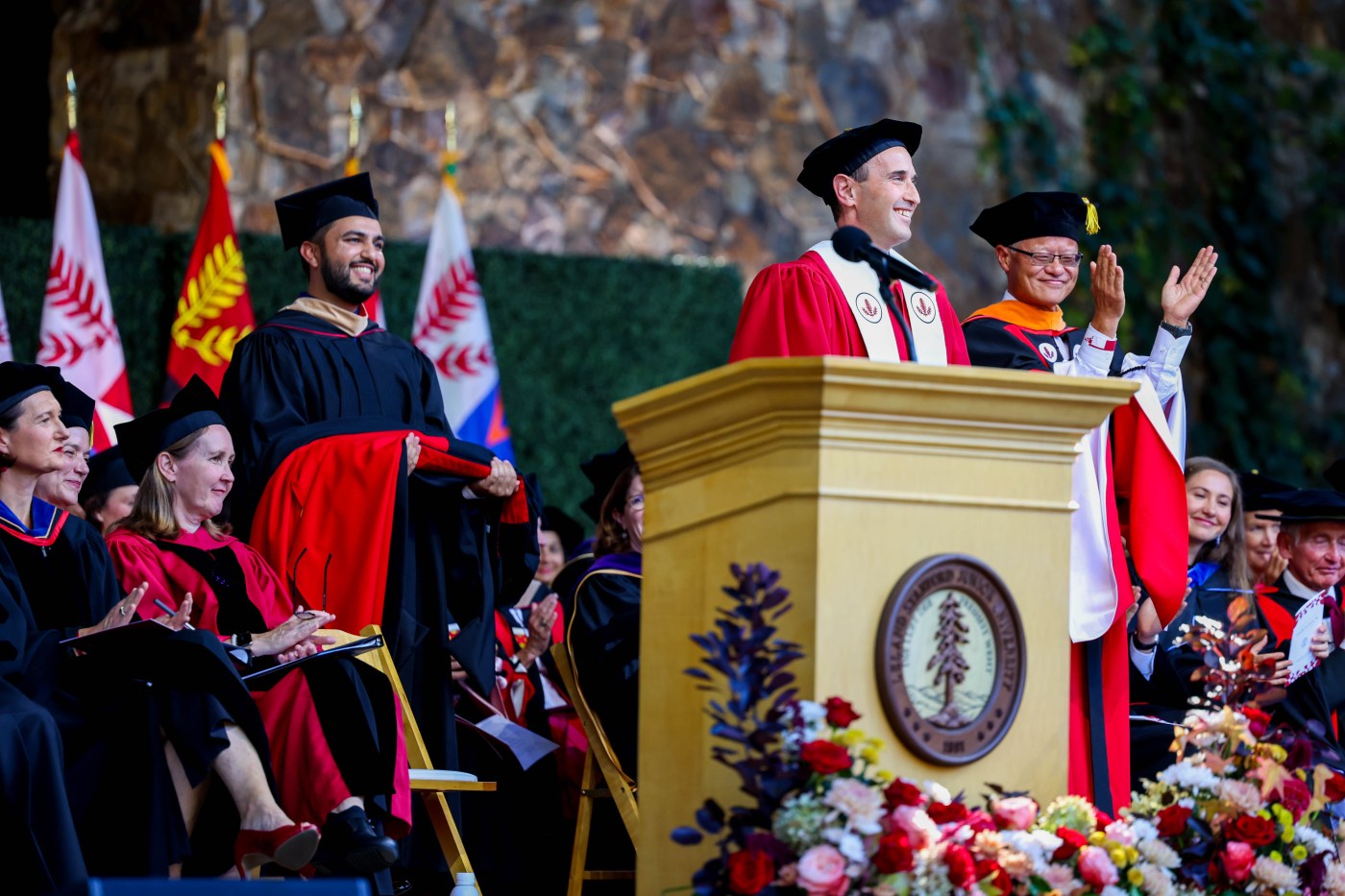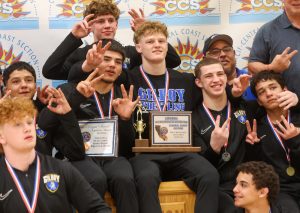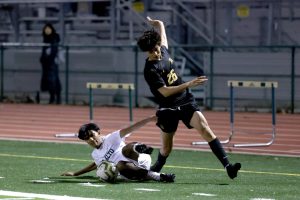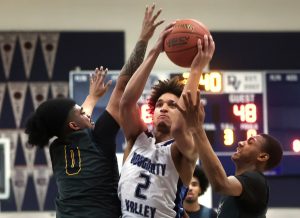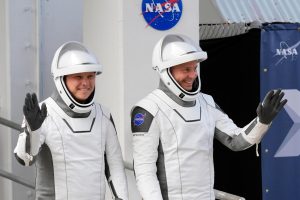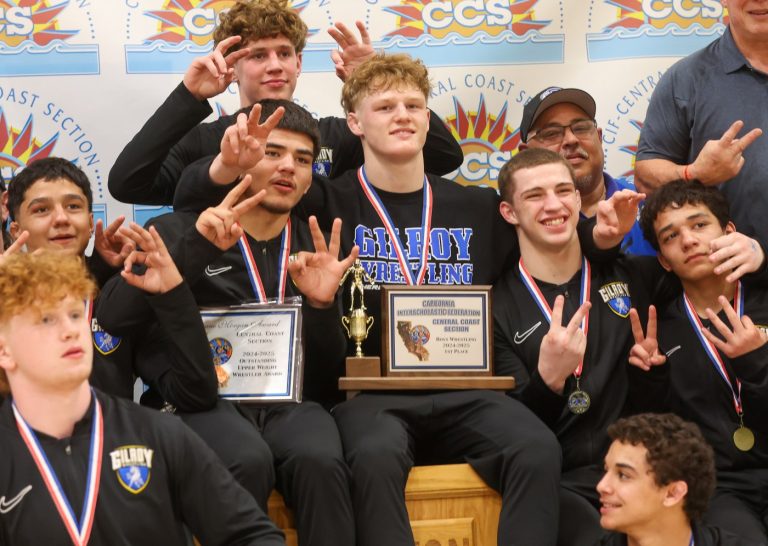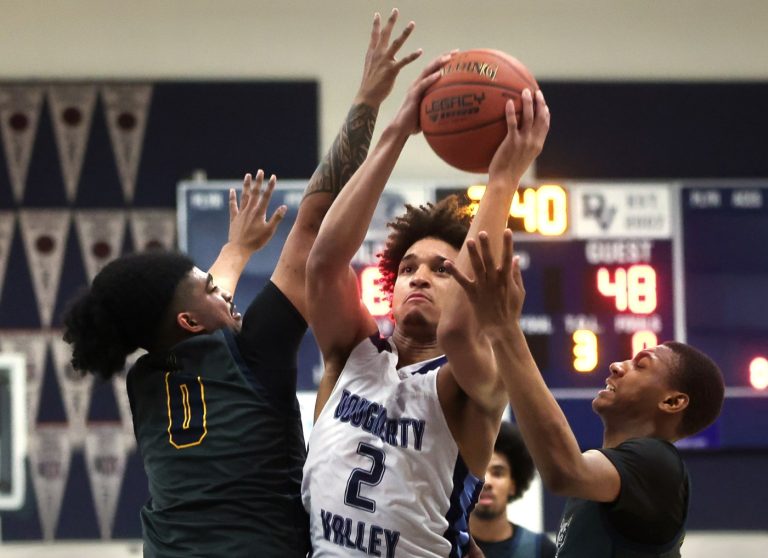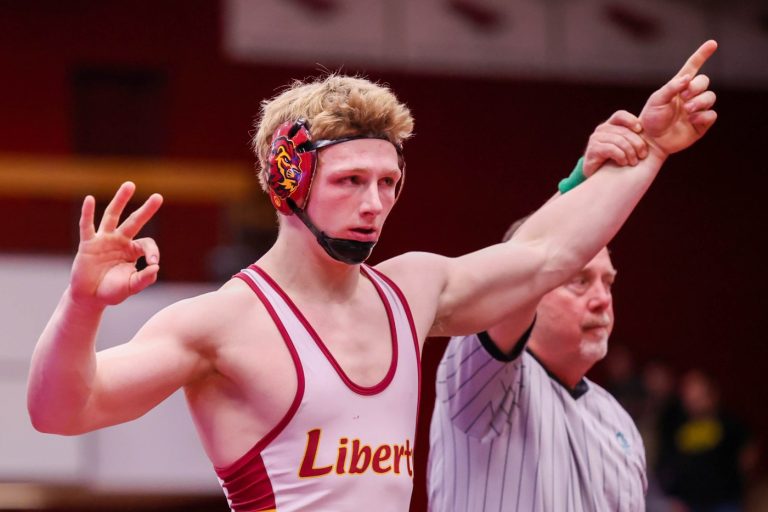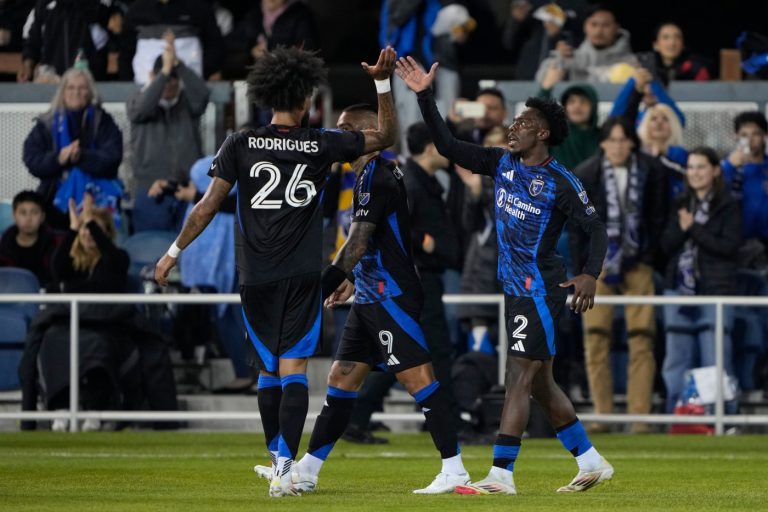Despite the heated political climate on campus, Stanford University’s new president, Jonathan Levin, who began his term on Aug. 1, entered his solemn inauguration ceremony Friday afternoon with minimal disruption.
This sharply contrasted with the end of the 2024 school year, when 13 students were arrested for breaking into and occupying the president’s office, and hundreds walked out of their graduation ceremony to protest the war in Gaza.
But Levin, the former business school dean, is under no illusion that leading one of the country’s most prestigious universities in the heart of Silicon Valley will be smooth sailing.
“Discovery and learning require fresh ideas, open discussion, sometimes sharp disagreement,” Levin said during his inauguration ceremony. “It is no accident that Stanford’s first president chose as our motto, ‘The wind of freedom blows.’”
Aside from addressing the challenging political and social climate universities face, Levin said in his 30-minute speech that the university is committed to open dialogue and academic freedom. He also highlighted the university’s pivotal role in propelling Silicon Valley into the global tech hub it is today.
And given the circumstances of his selection as president, Levin knows all eyes will be on him.
“I am conscious that I begin my term as president at a time when American universities are under intense scrutiny,” Levin said. “The difficulties we have faced in recent years are evident.”
Levin takes over from interim president Richard Saller, who served for nearly a year after former Stanford President Marc Tessier-Lavigne resigned last year following a review of academic misconduct allegations. Although the committee found lapses in oversight within his research, they concluded that he did not personally engage in fraud.
Among the tough decisions Levin faces as president is if he should push for charges to be filed in court against 13 pro-Palestinian protesters who were arrested after entering the president’s office and barricading themselves inside.
A coalition of pro-Palestinian groups at Stanford said in a statement earlier this month they would present a petition to Levin urging him to drop charges against the 13 protesters. Levin has yet to address this issue.
An alumnus of Stanford, Levin began as a faculty member in 2000 as an assistant professor of economics. After eight years, he was promoted to full professor and led the economics department from 2011 to 2014.
He became dean of the Stanford Graduate School of Business in 2016.
Since 2021, Levin has been part of President Joe Biden’s advisory group, focusing on issues such as extreme weather and the application of artificial intelligence in scientific research, according to Stanford.
Levin has three children and is married to Amy Levin, an internal medicine doctor at Private Medical in Menlo Park. She holds a medical degree from Yale University and a master’s from the Harvard School of Public Health.
Stanford University’s administration has been grappling with a polarized student body, especially amid the ongoing war in Gaza, and has faced criticism from both sides.
Many of the challenges the school faces “stem from outside influences, global events, politics, skepticism about elite institutions,” Levin said. “We are criticized for not doing enough to address societal challenges — and for doing too much. We are criticized for suppressing speech — and for permitting it.”
A 2023 faculty-led subcommittee found that antisemitic and anti-Israeli bias “exists today on the Stanford campus in ways that are widespread and pernicious.”
At the same time, student activists have criticized the administration of former President Richard Saller for its alleged harsh treatment of pro-Palestinian activists.
Related Articles
Prop. 2: A guide to California’s $10B education bond to build and repair schools
University of Wisconsin fires former porn-making professor who invoked free speech rights
Walters: California’s colleges still don’t work well together, complicating master plan
Some Bay Area colleges are among the top 500 institutions in the U.S., according to new report
University of California accused of labor violations over handling of campus protests
“To be clear, we want Stanford students and faculty to engage with the world. We expect them to wrestle with social and political issues,” Levin said. “We hope that they will have an influence on the direction of society, pursue public service and tackle the pressing challenges of our time.”
Levin added that while students should engage in national and global affairs, “the university’s purpose is not political action or social justice. It is to create an environment in which learning thrives.”
Diego Kagurabadza, a political science and American studies double major, said he’s confident Levin will be able to work with all students despite the polarized political climate.
“I think he’s very patient, very insightful, and that’s exactly the quality you need in a leader during difficult times,” Kagurabadza said. “I’m optimistic to see how he’ll handle the diverse range of issues that might arise during the academic year.”
